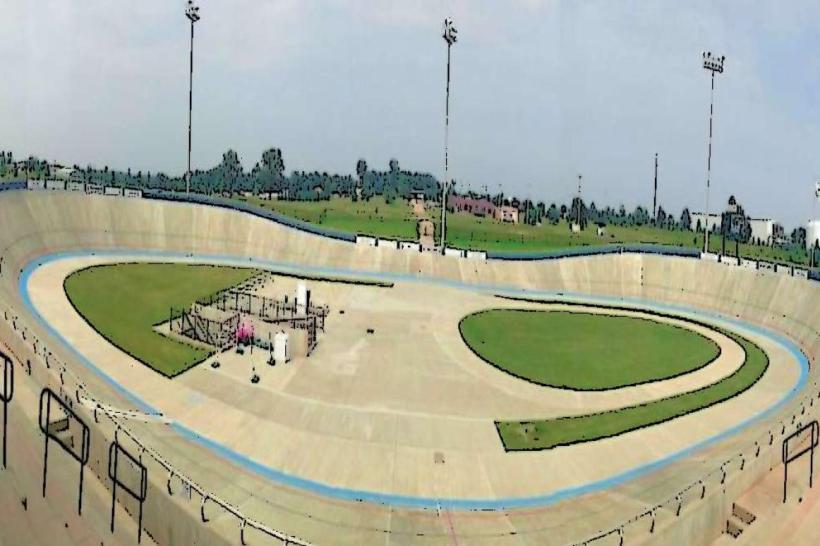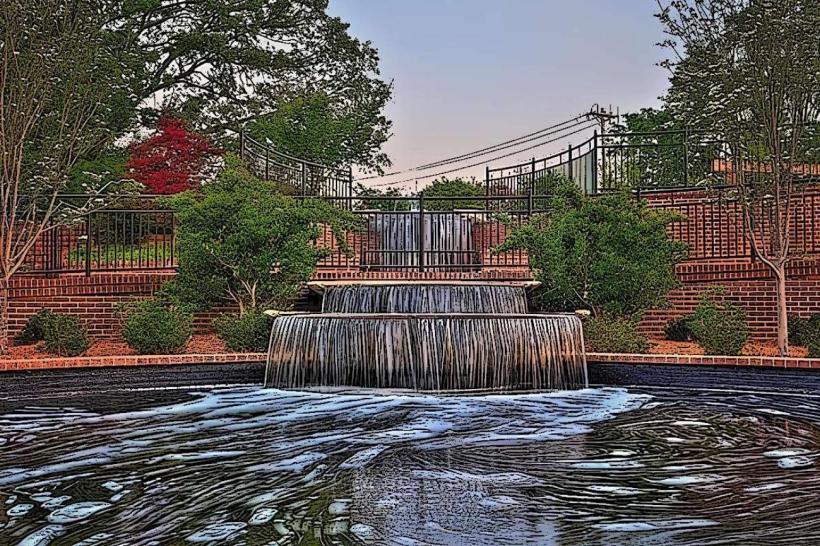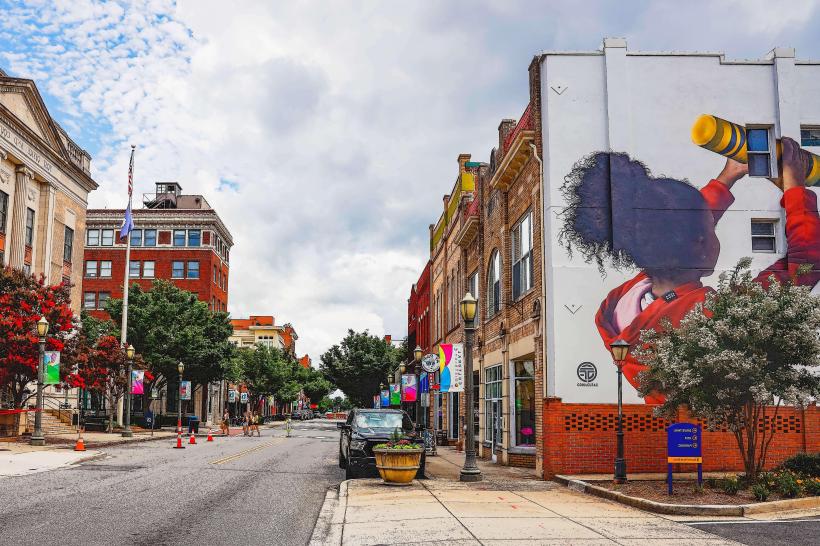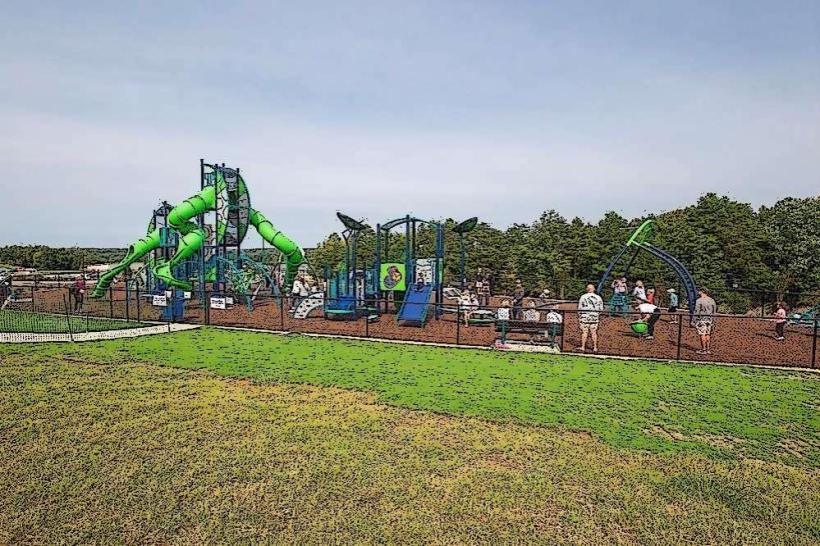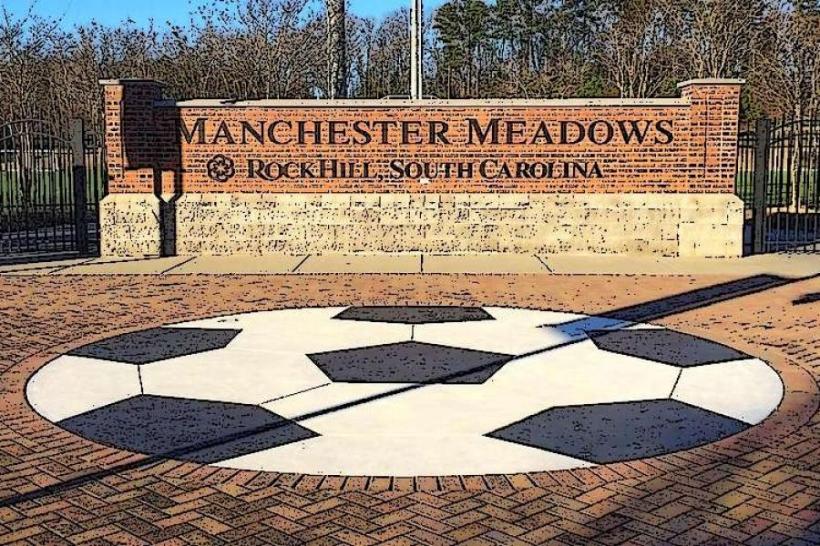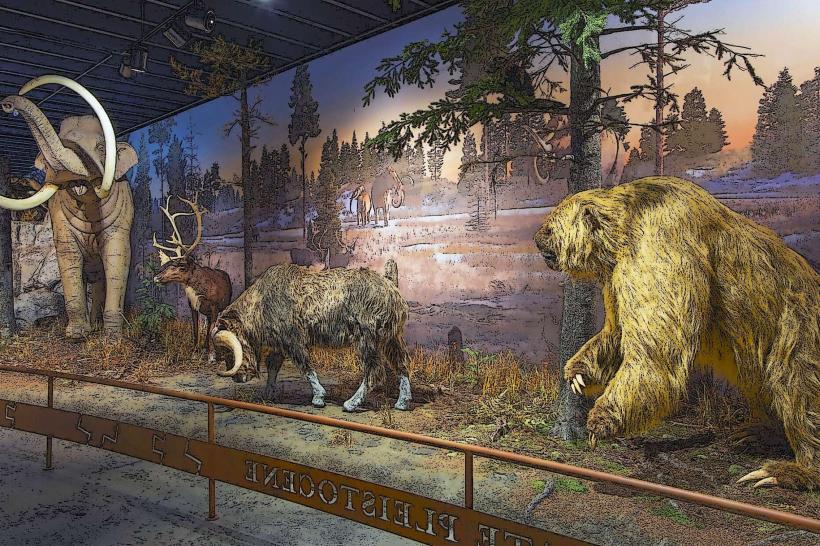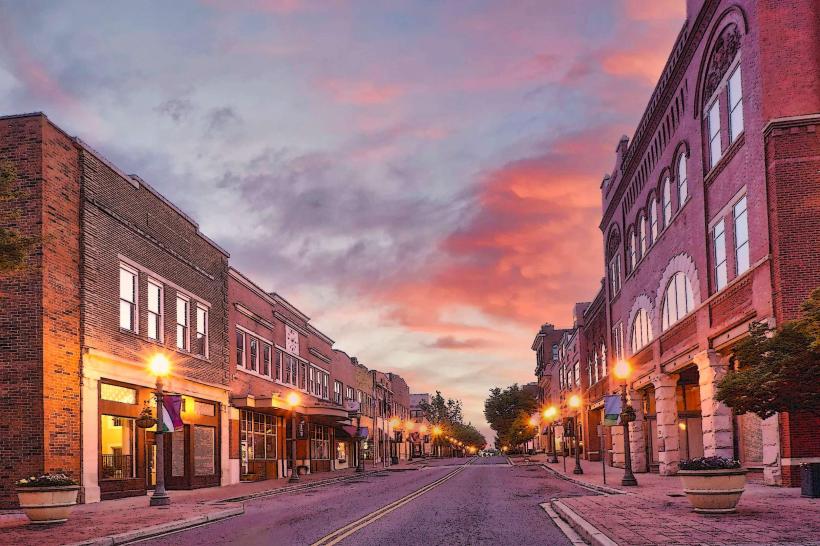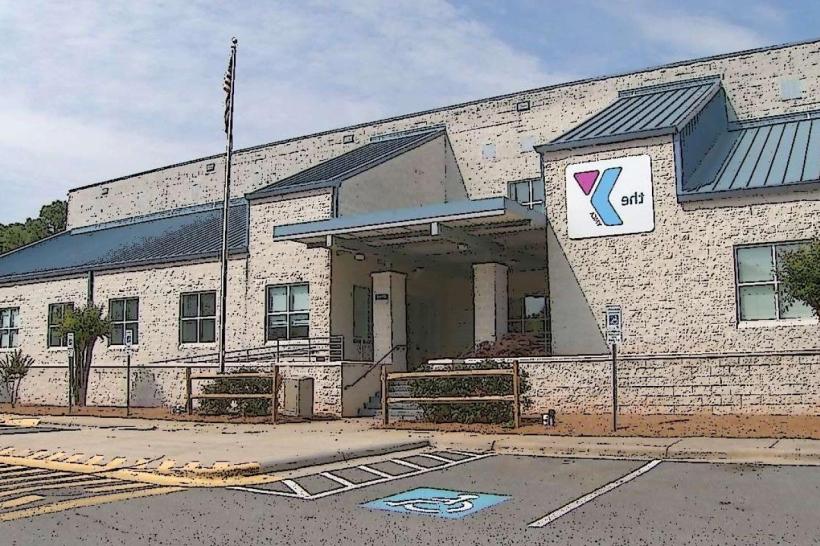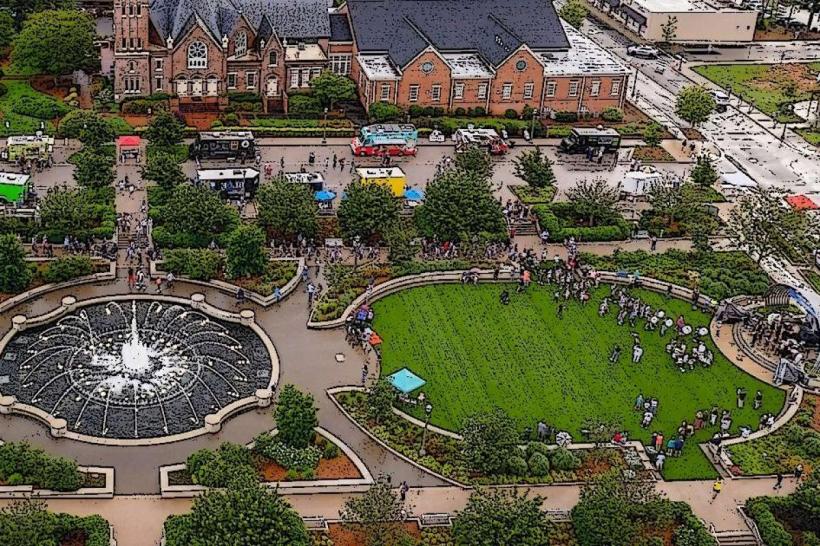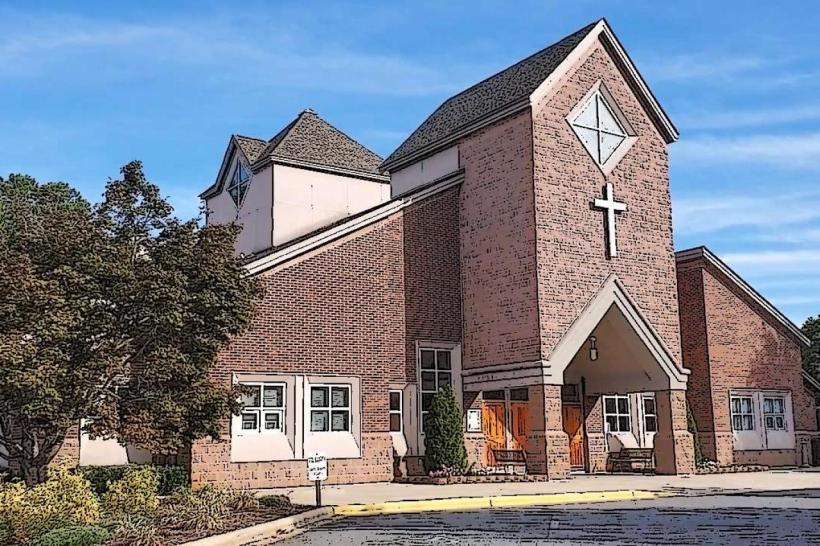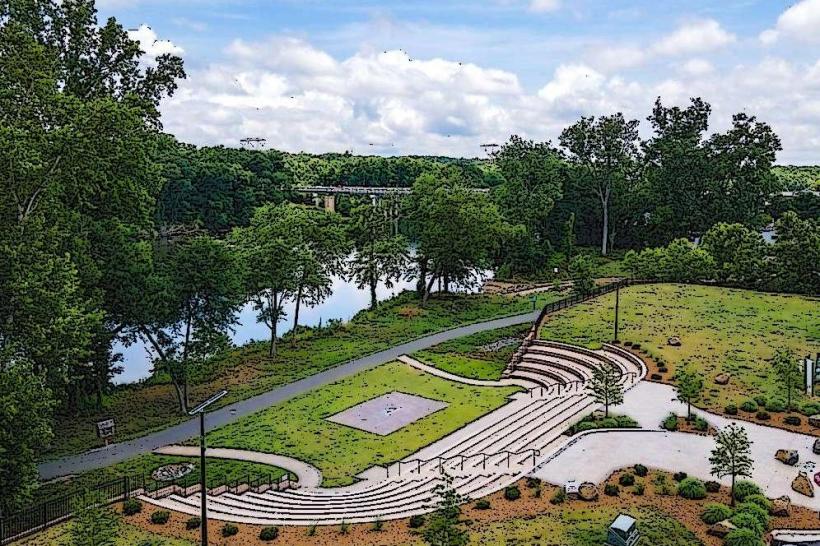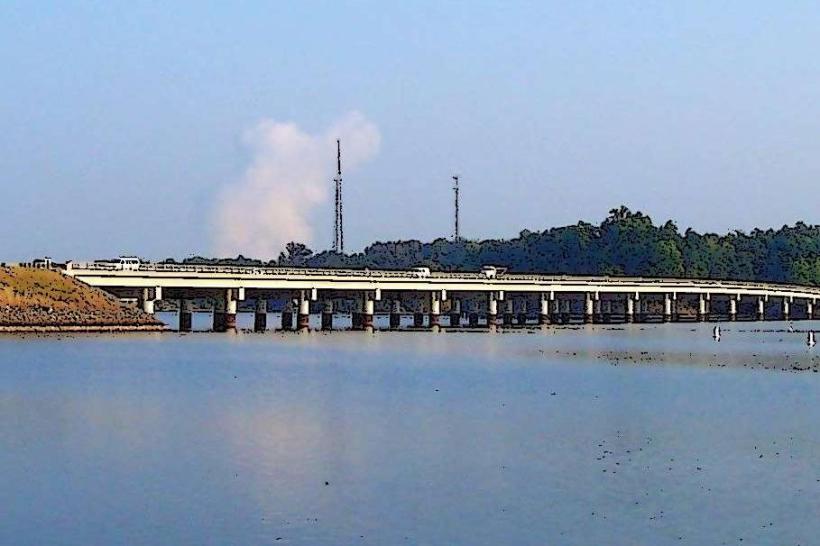Information
Landmark: Winthrop UniversityCity: Rock Hill
Country: USA South Carolina
Continent: North America
Winthrop University, Rock Hill, USA South Carolina, North America
Winthrop University is a distinguished public university located in Rock Hill, South Carolina, known for its liberal arts foundation, professional programs, and historic campus. Established in the late 19th century, it has grown into one of South Carolina’s most respected higher education institutions, blending tradition with innovation while serving both the local community and a diverse student body from across the country and abroad.
Historical Background
Founded in 1886 in Columbia, South Carolina, as the Winthrop Training School for young women, with a mission to prepare female teachers.
Relocated to Rock Hill in 1895, becoming central to the city’s growth and cultural identity.
Expanded over the 20th century to include men, becoming a fully coeducational institution in 1974.
Today, it remains deeply connected to its origins in education but has broadened to offer a wide range of undergraduate and graduate programs.
Campus and Layout
The campus spans over 425 acres near downtown Rock Hill, with a blend of neoclassical buildings, modern facilities, and green spaces.
Tillman Hall, the university’s iconic clocktower building (1894), is a National Register of Historic Places landmark and a symbol of the school.
Other notable facilities include:
Dacus Library – academic research hub.
Winthrop Coliseum – sports and events venue.
DiGiorgio Campus Center – student life, dining, and gathering space.
Byrnes Auditorium – historic performance hall.
The campus is recognized as a designated historic district, adding cultural and architectural significance.
Academics
Offers over 40 undergraduate majors and 25 graduate programs, spanning arts, sciences, business, education, and health.
Maintains a liberal arts core, ensuring students develop critical thinking, writing, and analytical skills.
Particularly known for:
College of Education (reflecting its teacher training roots).
College of Visual and Performing Arts, with strong programs in music, fine arts, and theater.
College of Business Administration and College of Arts and Sciences, both highly regarded in the region.
Emphasizes small class sizes and faculty mentorship, fostering close-knit academic relationships.
Student Life
Enrolls around 6,000 students, creating a mid-sized university feel.
Features over 160 student organizations, including clubs, fraternities, sororities, and professional associations.
Strong traditions include Homecoming Week, cultural festivals, and athletic spirit events.
The DiGiorgio Campus Center is the heartbeat of student life, with lounges, dining, and activity spaces.
Athletics
Nicknamed the Winthrop Eagles, the university competes in NCAA Division I, primarily in the Big South Conference.
Sports programs include basketball, soccer, baseball, tennis, and track and field.
The Winthrop Coliseum serves as the home venue for basketball and volleyball games and is also used for community events and concerts.
Community Role
As Rock Hill’s major university, Winthrop contributes to the city’s cultural, educational, and economic landscape.
Hosts lectures, performances, art exhibitions, and athletic events that are open to the public.
Plays a central role in Rock Hill’s identity as a college town, drawing visitors and supporting local development.
Identity and Legacy
Winthrop University remains rooted in its teacher training origins but has evolved into a comprehensive institution known for academic excellence, community engagement, and a vibrant arts presence. Its historic campus, traditions, and strong student-faculty connections make it one of South Carolina’s most notable public universities.

